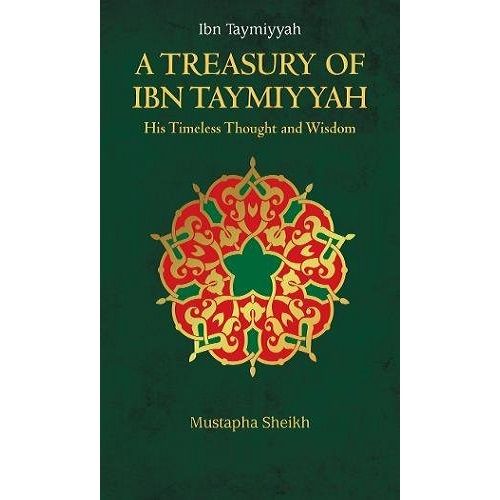
Yet, more and more Muslims, realizing that "no one has a monopoly over the meaning of what God says," as Aref Ali Nayed (1992) puts it, are beginning to reclaim their interpretive rights.

This is not to say that attempts to rethink out understanding of Islam or to reread the Qur'an are going to be easy, given the control over religious knowledge of obscurantists and experts alike. To accept the authority of any group and then to resign oneself to its misreadings of Islam not only makes one complicit in the continued abuse of Islam and the abuse of women in the name of Islam, but it also means losing the battle over meaning without even fighting it, as Abdullahi an-Naim (1990) reminds us. Confusing Islam with "Islamism: or "Islamists" also ignores that Islam does not sanction a clergy, or invest anyone with the right to monopolize religious meaning.

Every religion is open to variant readings the Christianity of the Crusades, the Inquisition, ad the Conquest that wiped out millions of people in the name of Christ and commerce bears little family resemblance to the liberation theology of today. To identify Islam inseparably with oppression is to ignore the reality of misreadings of the sacred text. I am always disheartened to hear progressive Muslims claim, (dis) ingenuously, it seems tome, that "Islamism is Islamism." as a young Algerian Feminist puts it in a critically acclaimed film shown recently in the West. In writing this book, I have wanted not only to challenge oppressive readings of the Qur'an but also to offer a reading that confirms that Muslim women can struggle for equality from within the framework of the Qur'an's teaching, contrary to what both conservative and progressive Muslims believe.

However, since the Qur'an was revealed in/to an existing patriarchy and has been interpreted by adherents of patriarchies ever since, Muslim women have a stake in challenging its patriarchal exegesis. The central question I have posed in this book, whether or not the Qur'an is a patriarchal text, is perhaps not a meaningful one from the Qur'an's perspective since its teachings are not framed in terms of the claims made by either traditional or modern patriarchies.


 0 kommentar(er)
0 kommentar(er)
